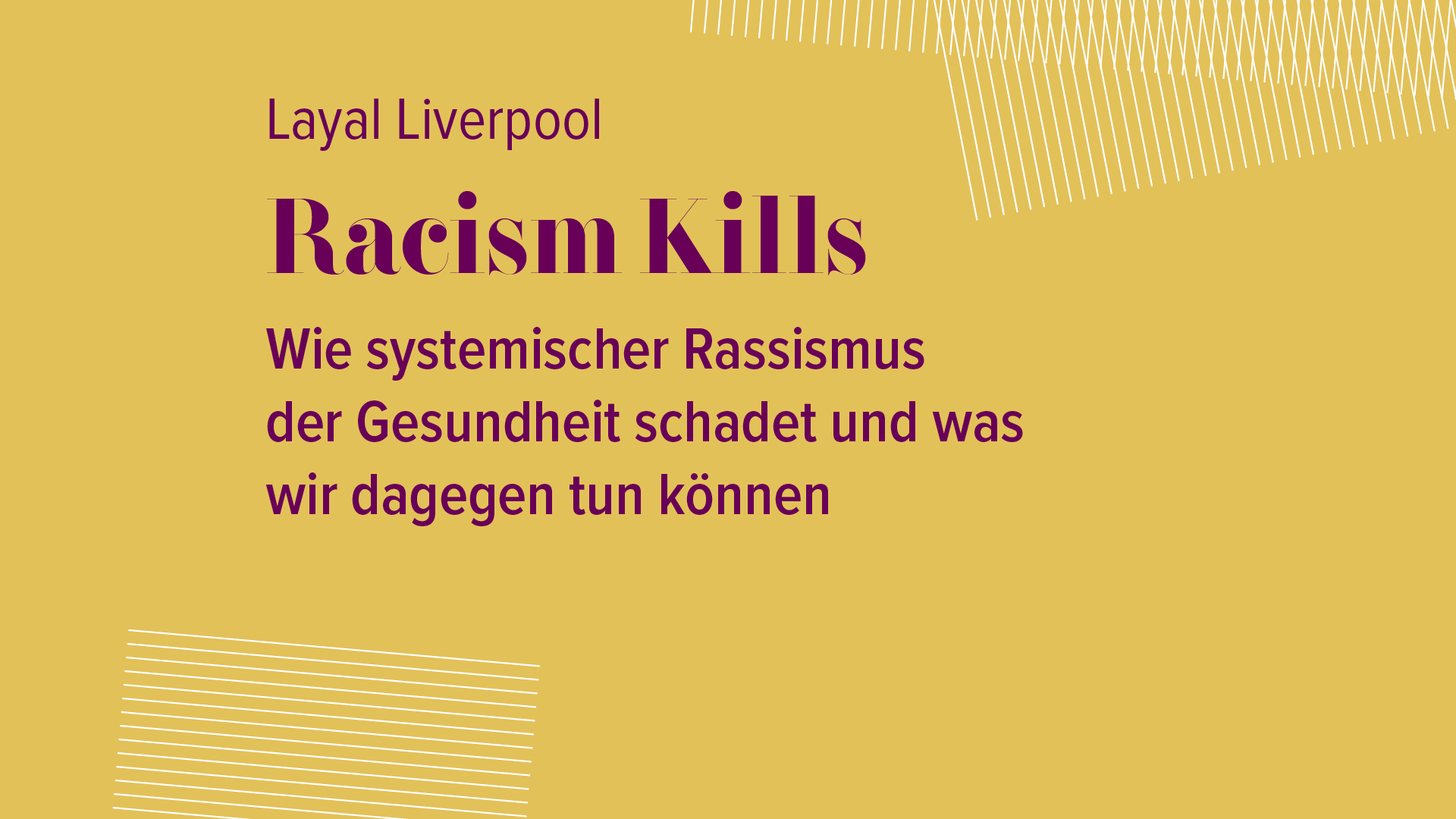
D'Salon
Invisible Barriers
16 Oct, 2024, 6.30 PM @ Festival Center D'24
Event language: English
Medical racism is a serious issue that is negatively impacting the health and well-being of people in ethnic minority groups, who have historically been ignored and exploited in medical research, as seen in the Tuskegee Syphilis Study. Even today, medical textbooks and standards often present white, Western bodies as the ‘norm’, resulting in inadequate training and awareness. This talk will shed light on these deep-rooted problems and call for a more equitable healthcare system.
Tickets
D'Salon
16 Oct
6.30 PM
Festival Center D'24
Program Info
Conversation
Guests

Christine Kurmeyer
Active in gender equality policy at universities since 1999: Head of the Equal Opportunities Office at Leibniz Universität Hannover until 2006, then Central Women's and Equal Opportunities Officer at Charité - Universitätsmedizin Berlin. Co-initiator of the Charité Diversity Network (2015) and founder of the Steering Committee for Equality, Diversity and Inclusion in 2021. Supporting the Anti-Racism Working Group and organising the 'Talks against Racism' at Charité

Layal Liverpool
Layal Liverpool is a Berlin-based science journalist and author of Systemic: How Racism Is Making Us Ill. Her work covers diverse science topics, with a focus on inequalities in science, health, and medicine. Her writing has appeared in Nature, New Scientist, WIRED, and The Guardian. Previously, she worked as a biomedical researcher and holds a PhD in virology and immunology from the University of Oxford.
Media in this event

Film
Who Cares?
At a training centre for medical professionals in Switzerland, nurses and doctors practise how to interact with patients in the most compassionate way possible. But can sensitive, empathetic care succeed in a healthcare system that is chronically overburdened and underfunded?

"Systemic: How Racism Is Making Us Ill" by Layal Liverpool reveals how racism is embedded in healthcare. Black people and people of colour face discrimination and often receive inferior care. This book exposes the impact of these disparities and offers solutions for a fairer healthcare system.

Tickets
D'Salon
16 Oct
6.30 PM
Festival Center D'24